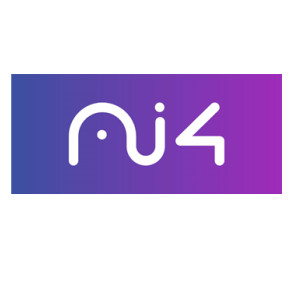 \
&
Contact us
\
&
Contact us
 \
&
Contact us
\
&
Contact us
Published on | 4 years ago
Programmes JRCThe Joint Research Center (JRC) has opened 11 calls to access JRC nuclear research infrastructures:
Laboratory of the Environmental & Mechanical Materials Assessment (EMMA)
[Calls close 15/10/2020]
AMALIA, assessment of nuclear power plants core internals
SMPA, Structural Materials Performance Assessment Laboratories
MCL, Micro-Characterisation Laboratory
European research infrastructure for nuclear reaction, radioactivity, radiation and technology studies in science and applications (EUFRAT)
[Calls close 15/10/2020]
RADMET, Radionuclide Metrology laboratories
GELINA, the JRC Neutron Time-of-Flight Facility
HADES, Underground laboratory for ultra-low level gamma-ray spectrometry]
MONNET, Tandem accelerator based fast neutron source
Actinide User Laboratory (ActUsLab)
[Calls close 30/09/2020]
FMR, Fuels and Materials Research
PAMEC, Properties of Actinide Materials under Extreme Conditions
The calls are addressed to external users from academia and research organisations, industry, SMEs, and more in general from the private and public sectors.
More information can be found here: https://ec.europa.eu/jrc/en/research-facility/open-access
We offer news and event updates, covering all domains and topics of Horizon Europe, Digital Europe & EDF (and occasionally, for ongoing projects, Horizon 2020).
Stay informed about what matters to you.
By signing up, you can opt in for e-mail notifications and get access to
a personalised dashboard that groups all news updates and event announcements in your domain(s).
Only for stakeholders located in Flanders
Digital, Industry & Space Climate, Energy, Mobility Agro-Food, Environment
The Clean Industrial Deal is described as "a bold business plan to support the competitiveness and resilience of our industry." It aims to boost production in green industries, with special focus on energy-intensive industries - vital for European material production and decarbonization goals. 6 main elements The Deal presents measures to boost e... read more
Security Digital, Industry & Space Digital Europe
In Digital Europe, knowledge of the underlying EU policies and legislations is a key element when drafting a proposal, as they play an important role in the “relevance” evaluation criterion. Also for Horizon Europe Cluster 3 (Cybersecurity) and Cluster 4 (Digital), this knowledge can be handy for applicants. To support... read more

The AI4Culture project, funded under Digital Europe call Data space for cultural heritage (deployment) aims to develop an online capacity building hub for AI technologies in the cultural heritage sector. This hub contributes to the creation of the European common cultural heritage data space, which provides support to the digital transformation of Europe’s cultural sector and fosters the creation and reuse of content in cultural and creative sectors. The Flemish company CrossLang is one of the 12 partners in the project and brings in its year-long expertise in the development of multilingual technology to the transcription and translation of scanned printed and handwritten documents.